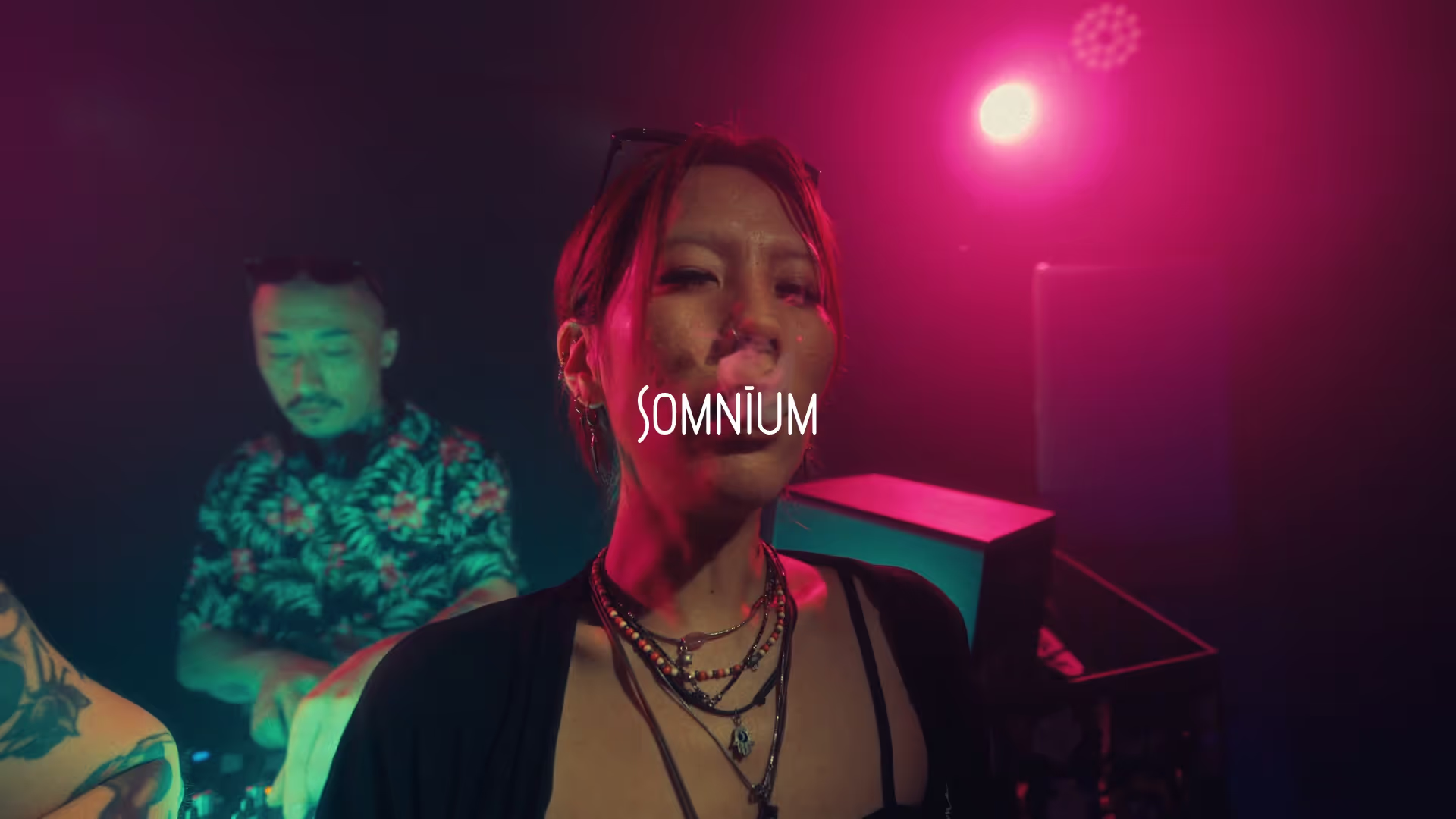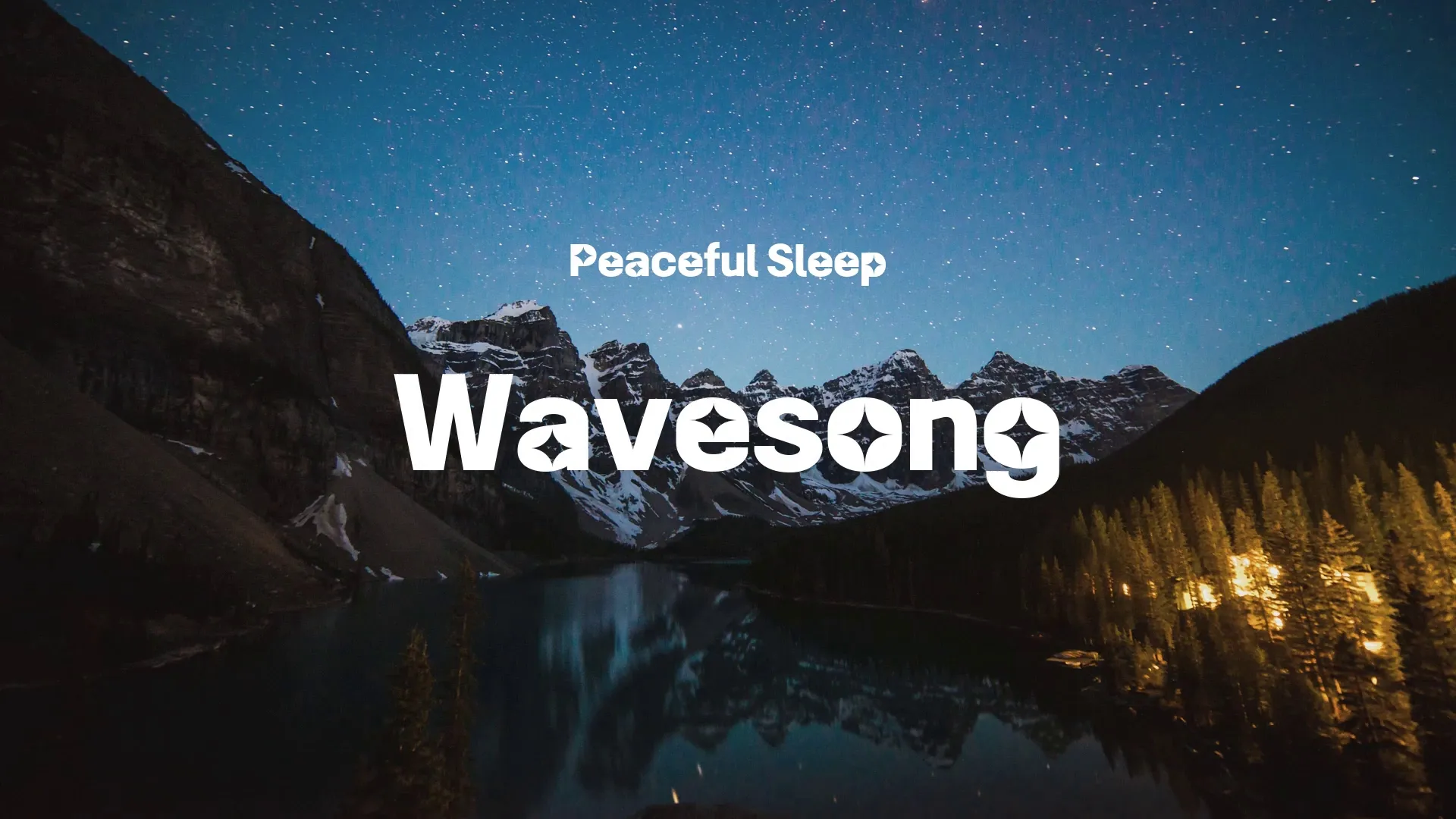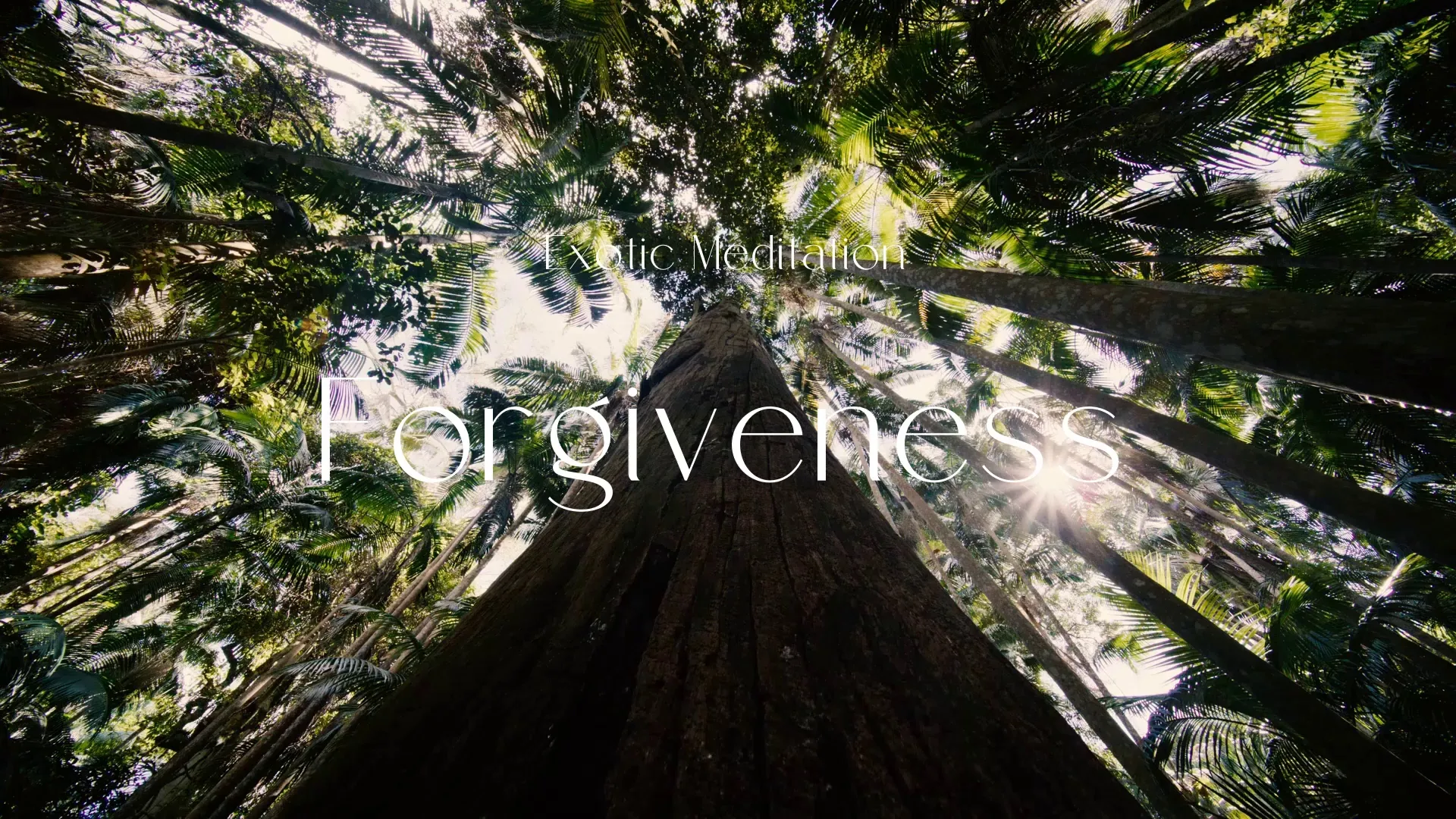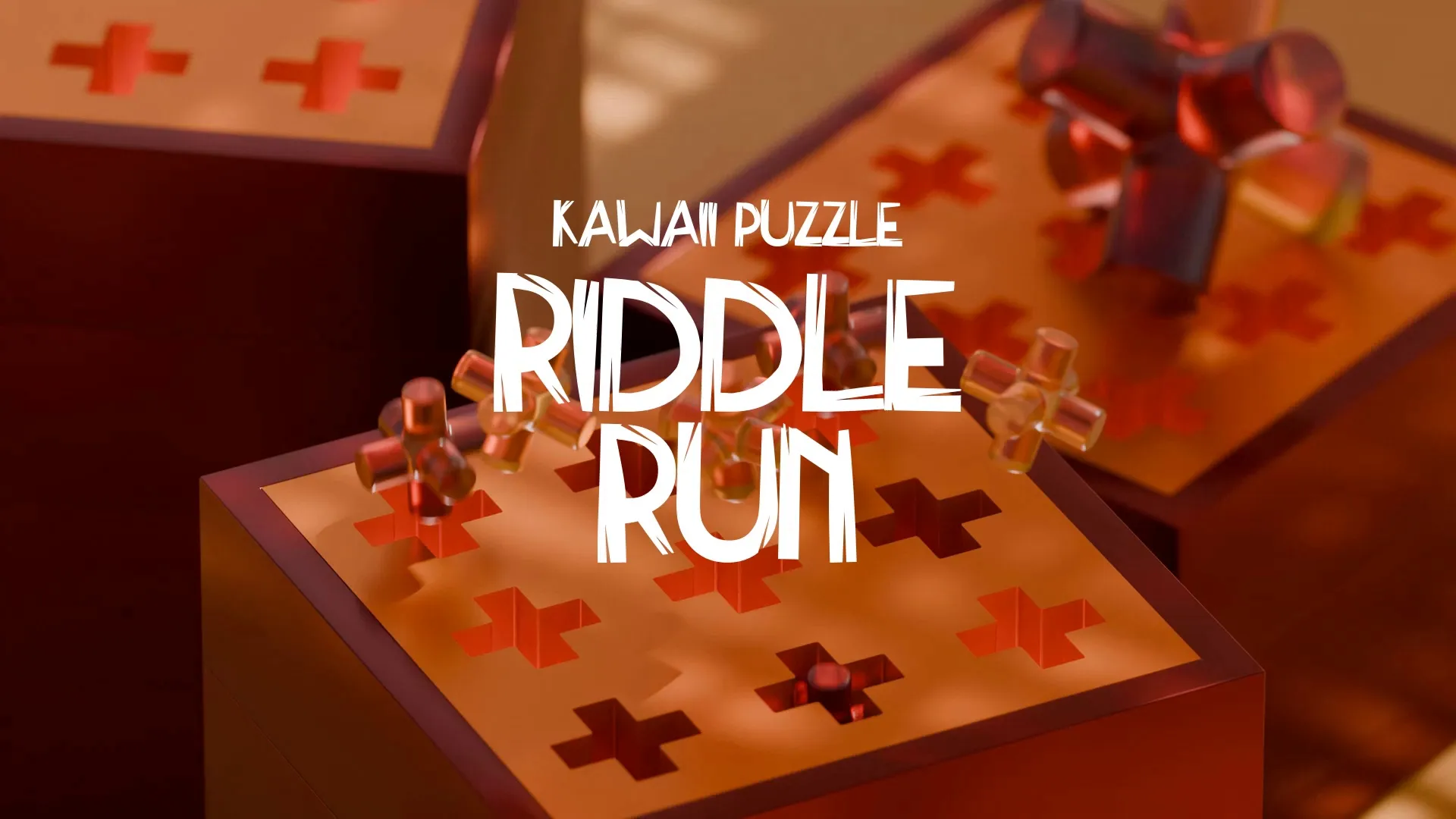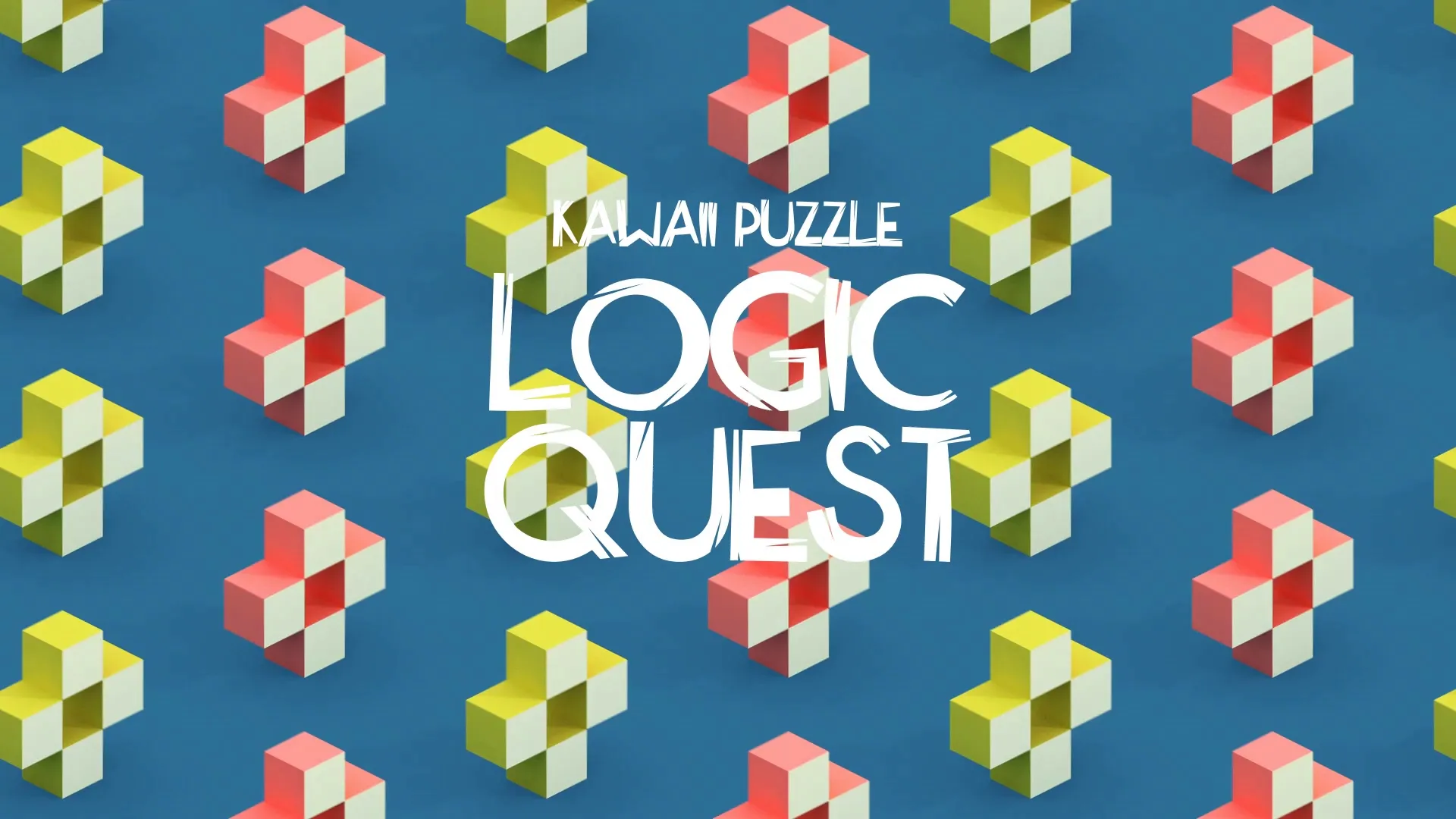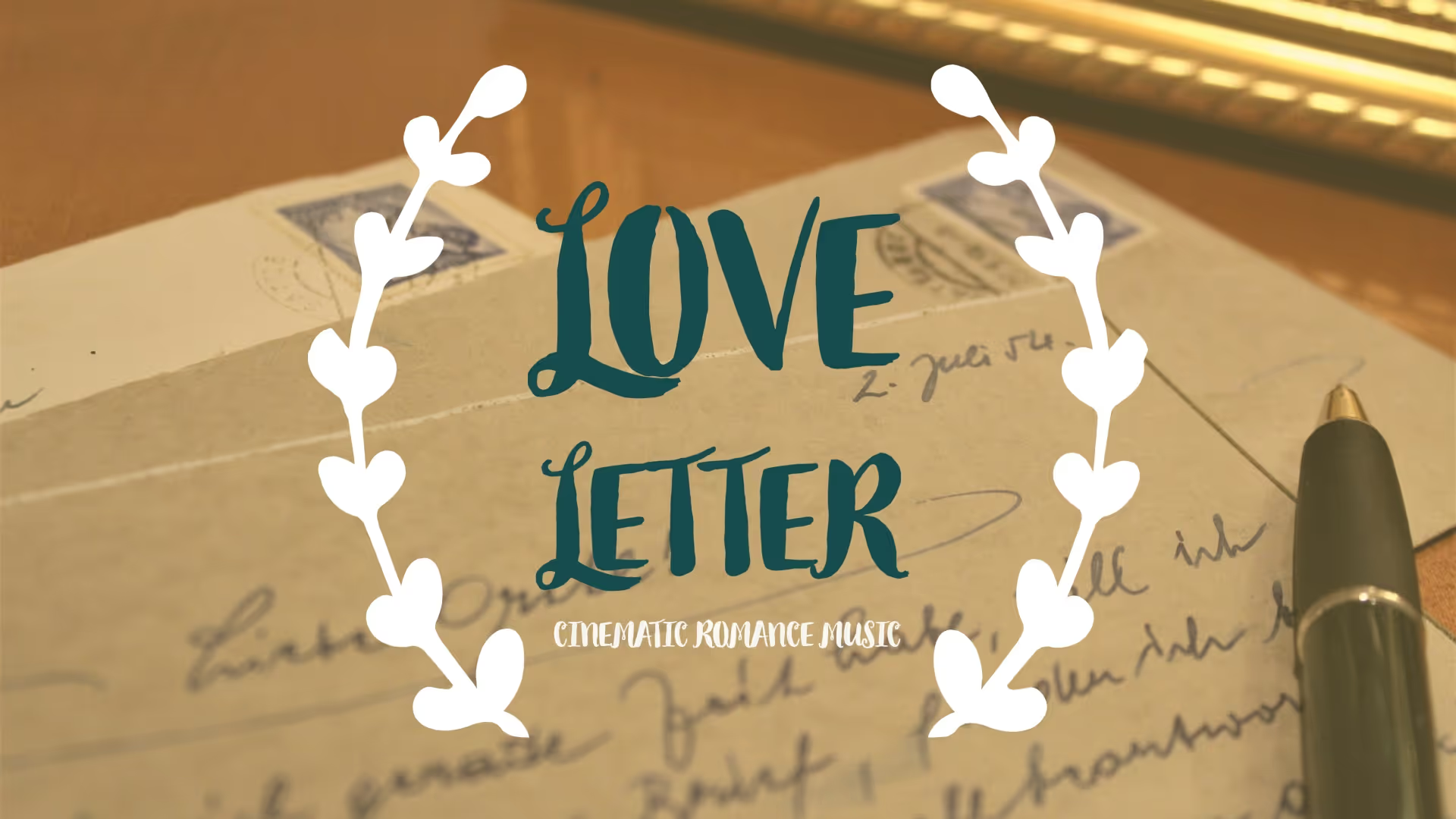Crafting Your Indie Game EULA: A Developer's Essential Guide
Crafting Your Indie Game EULA: A Developer’s Essential Guide
Every indie game developer needs an End User License Agreement (EULA). This legal document defines the relationship between you, the developer, and your players. Ignoring the EULA is a common pitfall that can lead to significant legal and financial risks.
Why Your Indie Game Needs a EULA
A EULA is not optional; it is fundamental for protecting your intellectual property. It establishes the terms under which players can use your game, not own it. This distinction is crucial for maintaining control over your creation.
Without a EULA, players might claim rights you never intended to grant. This can complicate future licensing, monetization, or even the sale of your game. A well-drafted EULA clearly outlines what users can and cannot do.
Key Components of an Effective EULA
Drafting a EULA requires careful consideration of several core sections. Each part serves a specific purpose in safeguarding your interests and clarifying user expectations.
1. Grant of License
This section specifies that you are granting a limited, non-exclusive, non-transferable license to play the game. It explicitly states that the user does not own the software itself. Clearly define the scope of use, such as personal, non-commercial play.
2. Intellectual Property Rights
Reiterate that all intellectual property (IP), including code, art, music, and story, remains your sole property. This prevents players from claiming ownership or unauthorized use of your assets. Explicitly forbid reverse engineering, decompiling, or modifying the game.
3. Restrictions on Use
Outline prohibited actions, such as cheating, distributing pirated copies, or using bots. These restrictions protect your game’s integrity and player experience. Include clauses against using your game for illegal or harmful purposes.
4. Disclaimer of Warranties
State that the game is provided ‘as is’ without warranties of any kind. This limits your liability for bugs, glitches, or other unforeseen issues. It is a standard legal protection in software agreements.
5. Limitation of Liability
This crucial section caps the amount of damages you could be liable for. It typically limits liability to the amount paid for the game or a nominal sum. Consult legal counsel to ensure this clause is enforceable in your jurisdiction.
6. Termination
Define the conditions under which the license can be terminated. This usually includes breaches of the EULA by the user. Ensure you have the right to terminate the license if a user violates your terms.
7. Governing Law and Dispute Resolution
Specify the jurisdiction whose laws will govern the EULA. This simplifies legal disputes by setting a clear legal framework. Consider including clauses for arbitration to resolve disputes out of court.
Avoiding Common EULA Pitfalls
Many indie developers make mistakes when creating their EULAs. One common error is simply copying a generic EULA without customization. Generic templates often lack specific protections relevant to your game or business model.
Another pitfall is making the EULA overly complex or unreadable. While it’s a legal document, clarity benefits both you and your players. Strive for plain language where possible, even in legal contexts.
Create a free account, or log in.
Gain access to free articles, game development tools, and game assets.


